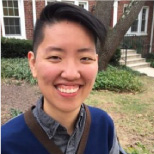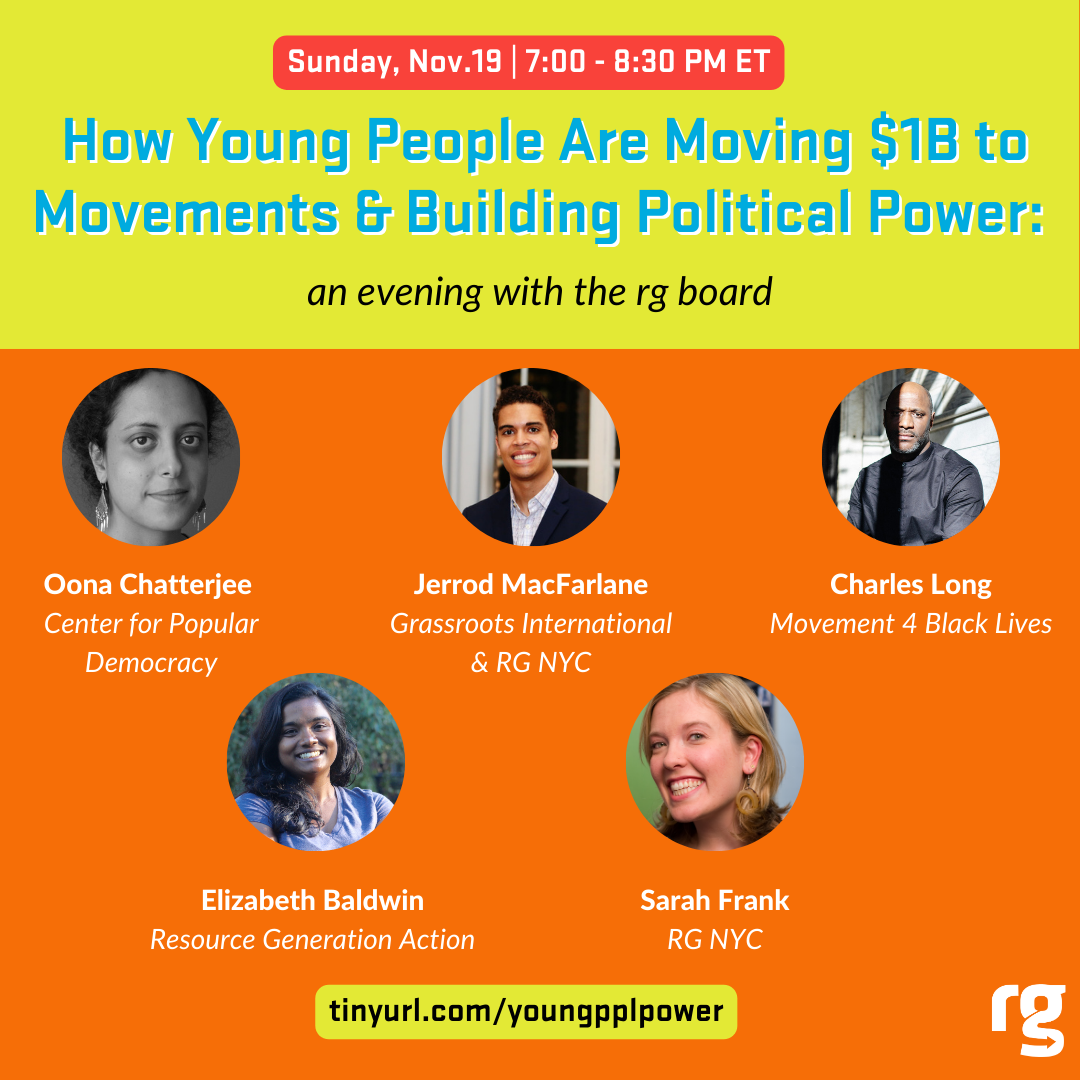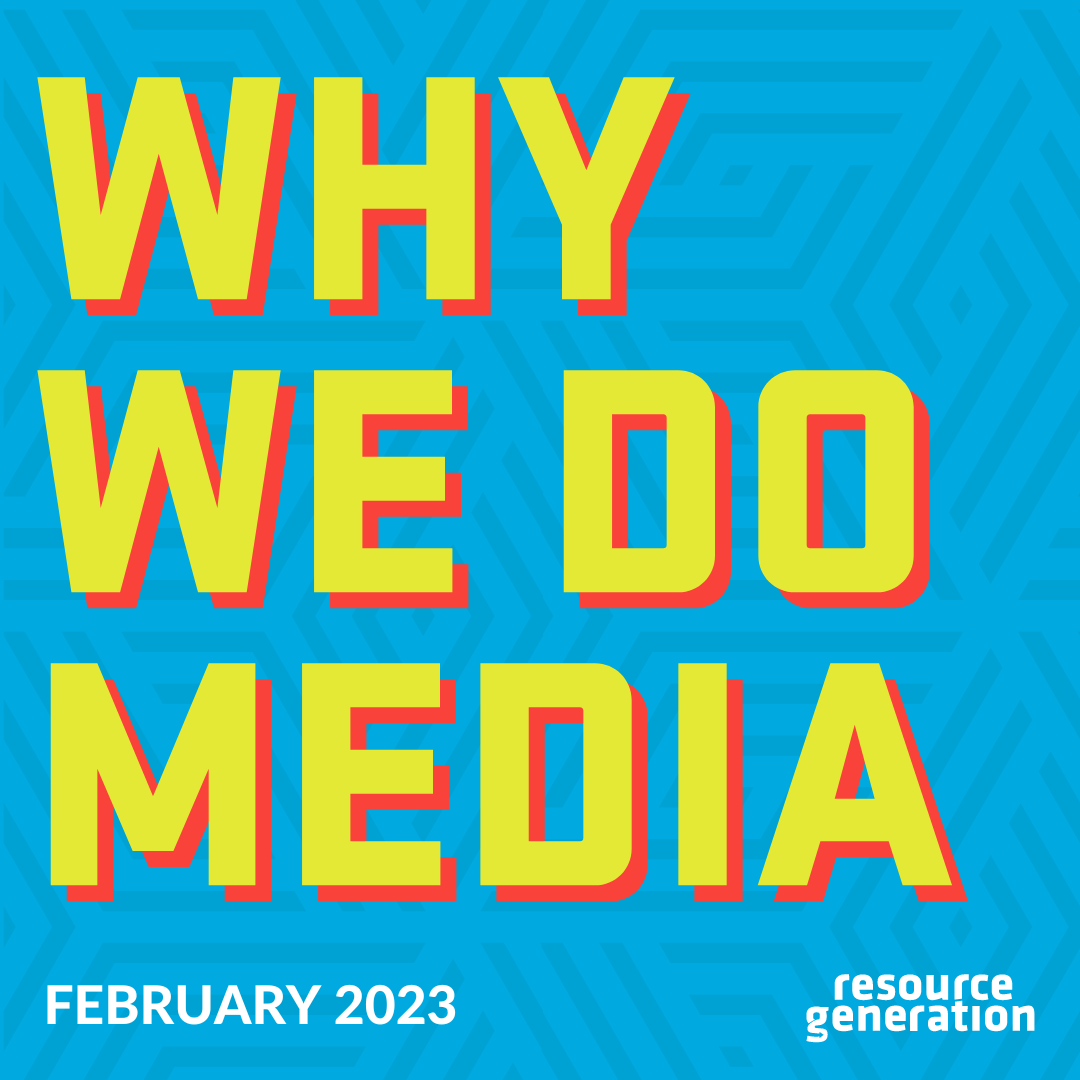I spent most of last weekend in a puddle of sadness and overwhelm. Nothing was okay. Nothing I did mattered. Ominous Election Day countdown emails crowded my inbox (26 days until the apocalypse!). I had a meltdown about accidentally buying chicken sausage instead of pork sausage (true story). Does this sound familiar to you? Perhaps you too have had a meltdown about groceries that was really existential dread about the threats of the pandemic, rising fascism, and climate disaster?
As I talk to friends and family and colleagues about this moment I hear a lot of similar themes about anxiety, fear, and grief. It comforts me to know I’m not alone and that this is a collective experience. At the same time I know that I have a particular experience of class privilege and access to wealth that buffer me from the worst impacts of the pandemic, and that my class privilege patterns often get activated under times of stress and uncertainty.
I want to share my reflections on how my class privilege patterns are showing up right now with the hope that it invites other young people with class privilege to practice self-reflection, connection, and accountability so that we can bring our most grounded selves to movements. Many of these patterns are variations of what’s shared in our Class Privilege Patterns resource, adapted to reflect this context.
Individualism: Much of my spiraling is rooted in feeling overwhelmed, and that I’m not doing enough. I think on one level it’s healthy for everyone – especially those with access to privilege – to ask ourselves if we are doing enough to meet this time, if this question helps us identify our position and play it well. But this tips over into an unhealthy pattern when I have a story that somehow the success or failure of movements for justice rests all on me as an individual. As we share in the Class Privilege Patterns resource, “part of individualism is based in isolation, and a deep belief we are fundamentally alone, rather than a part of a web of interconnection.” Having a distorted sense of my own importance can lead to stuckness and inaction, instead of contributing to a collective and shared sense of purpose.
Achievement/Am I doing this right?: Connected to individualism is an achievement orientation that many class privileged people learn through school (especially elite schools). I’ve been taught to associate my value with individual achievement and external validation – I want to get an “A”! I want to personally feel that I’m making a difference, that I’m “doing it right”, which is close to impossible in the messy nonlinear world of movement-building for social justice. I know when I’m feeling stressed and uncertain I cling more to wanting validation, but honestly no frontline organizer has time for that right now (or ever, really). This is when shifting from a mindset of “what can I get” to “what do we need” is critical.
Reactivity/Urgency: Much has been said about how this is a time of unveiling pervasive economic inequality and racism, but poor and working class people and BIPOC communities have been living this reality for a long time. I’ve noticed as I am waking up more to the violence of racialized capitalism that I can feel a sense of urgency that stems from my deep discomfort at benefiting from this system. I want to “solve it”, fix it, make it go away. This shows up for me as reactive giving – throwing money at a problem without more intentional planning and commitment. There’s a role for rapid response funding, and it is critical that we make long-term, multi-year commitments. It’s also grounding for me to know I have a plan beyond the destabilizing news of the day and am committed to supporting the long-haul work of poor and working class-led movements that have been and will be organizing beyond this moment. Check out more of our guidance on rapid response best donor practices.
Even as I share all of the above I want to emphasize that it’s okay to freak out. It’s okay to feel triggered and activated. It’s okay to grieve and be a puddle of feelings. Many of us – especially those who are BIPOC and/or Jewish – come from families who have experienced war, persecution, and state violence, and are holding intergenerational trauma. Our class privilege does not deny or erase the complexity of our experiences. And I know for me, how I act out my fear and anxiety right now is deeply shaped by my class privilege and can sometimes manifest in harmful ways.
So how did I get out of my pit of despair? Connection, seeking validation and support from the appropriate people (shout out to my partner and therapist), being part of organizations, sleep, eating regular meals (yep I ate those chicken sausages), spiritual practice, just letting the tears flow, aiming for integrity, not perfection, remembering that I am one of many, and trusting in the wisdom and solutions of those who are most directly impacted.
I’ll definitely fall into the pit again. Maybe even tomorrow. I’ve learned that what I most need when I’m in the pit is to know I’m not alone. I hope this post has helped you feel a little less alone, and is a reminder to lean on the RG community to connect, build resiliency, and take collective action.



